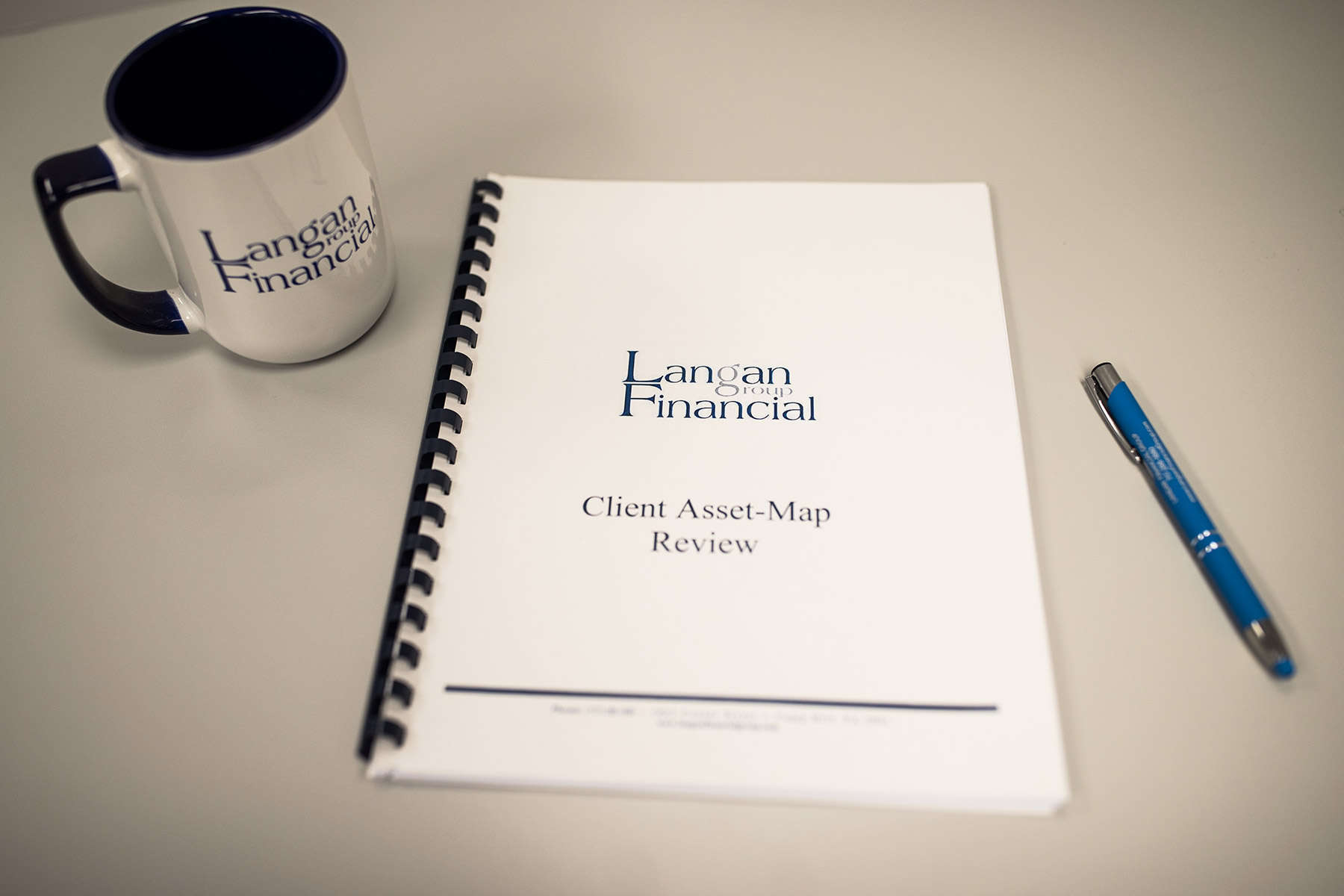June marks the perfect time to pause and review your financial progress. Just like your car needs regular tune-ups, your money needs a midyear check-in to stay on the right path. Whether you’re ahead of your goals or falling behind, this simple review can help you finish the year strong.

Why Your Money Needs a Midyear Review
Most people set financial goals in January and then forget about them. Studies show that only 16% of people achieve their financial goals without regular check-ins. The difference between success and failure often comes down to one simple habit: reviewing your progress and making adjustments.
Step 1: Review Your Original Financial Goals
Start by digging out those goals you set in January. Don’t worry if you can’t find them written down anywhere — many people keep their goals in their heads. Ask yourself:
- What did I want to accomplish financially this year?
- How much did I plan to save?
- What debts did I want to pay off?
- Did I set any investment targets?
Write these down now if you haven’t already. You can’t hit a target you can’t see.
Step 2: Calculate Your Current Financial Position
Now comes the reality check. Gather your most recent statements and calculate where you stand today:
Your Net Worth: Add up all your assets (bank accounts, investments, home value) and subtract all your debts (mortgage, credit cards, loans). Compare this to where you started the year.
Your Savings Rate: Look at your last three months of income and expenses. What percentage of your income are you actually saving? The general rule is to save at least 10-15% of your income, but don’t panic if you’re not there yet.
Your Emergency Fund: Do you have 3-6 months of expenses saved for emergencies? This should be your first priority before investing in anything else.
Step 3: Identify What’s Working and What’s Not
Be honest about your financial habits over the past six months. Look for patterns:
What’s Working Well:
- Are you consistently saving a certain amount each month?
- Have you successfully paid down any debts?
- Are your investments growing as expected?
- Have you avoided any bad financial habits?
What Needs Improvement:
- Are you spending more than planned in certain categories?
- Have you missed savings goals?
- Are you carrying high-interest debt?
- Have you made any impulse purchases you regret?
Don’t judge yourself harshly. The goal is to learn from the past six months and do better going forward.

Step 4: Adjust Your Goals for the Rest of the Year
Based on your review, you might need to adjust your original goals. This isn’t giving up — it’s being realistic and setting yourself up for success.
If you’re behind on savings, calculate what you’d need to save monthly to still hit a meaningful target by December. If your original goal was $6,000 for the year and you’ve only saved $1,000, maybe adjust to $4,000 and save $500 per month for the remaining six months.
If you’re ahead of your goals, consider increasing them. Success builds momentum, and you might be able to accomplish more than you originally thought.
Step 5: Look for Quick Wins
The midyear review is perfect for finding easy ways to improve your finances:
Automate Your Savings: If you’re not already doing this, set up automatic transfers to your savings account. Even $50 per week adds up to $1,300 by year-end.
Review Your Subscriptions: Cancel services you’re not using. The average person pays for 12 subscriptions but only uses 5 regularly.
Check Your Insurance: Shop around for better rates on car and home insurance. You could save hundreds with just a few phone calls.
Maximize Your Credit Card Rewards: If you’re paying off your balance each month, make sure you’re using the right cards for your spending.

Step 6: Plan Your Financial Priorities for the Second Half
With your review complete, set three specific priorities for the next six months:
- Priority One: This should be your most important financial goal. Maybe it’s building your emergency fund or paying off credit card debt.
- Priority Two: Your second most important goal. This might be increasing your retirement contributions or saving for a specific purchase.
- Priority Three: A stretch goal that would be nice to achieve but isn’t critical.
Focus most of your energy on Priority One. It’s better to fully achieve one important goal than to make little progress on several goals.
Making the Most of Your Remaining Months
The second half of the year offers unique opportunities:
Tax Planning: Start thinking about tax-loss harvesting, charitable giving, and retirement contributions that could reduce your tax bill.
Holiday Spending: Begin saving now for holiday expenses. Setting aside $200 per month from July through November gives you $1,000 for gifts and celebrations.
Year-End Bonuses: If you typically receive a bonus, decide now how you’ll use it. Having a plan prevents lifestyle inflation.
Your Financial Review Next Steps
Schedule your next financial check-in for September. This quarterly review will help you stay on track and make any final adjustments before year-end.
Remember, personal finance is exactly that — personal. Your goals and timeline should reflect your unique situation and values. The most important step is simply starting where you are and moving forward.
The midyear point isn’t about perfection. It’s about progress. Even small improvements compound over time, and six months of focused effort can dramatically change your financial picture.
Take action today. Your future self will thank you for the time you invest in this midyear money check-in.
About the Financial Planning Author

Alexander Langan, J.D, CFBS, serves as the Chief Investment Officer at Langan Financial Group. In this role, he manages investment portfolios, acts as a fiduciary for group retirement plans, and consults with clients regarding their financial goals, risk tolerance, and asset allocation.
With a focus on ERISA Law, Alex graduated cum laude from Widener Commonwealth Law School. He then clerked for the Supreme Court of Pennsylvania and worked in the Legal Office of the Pennsylvania Office of the Budget, where he assisted in directing and advising policy determinations on state and federal tax, administrative law, and contractual issues.
Alex is also passionate about giving back to the community, and has participated in The Foundation of Enhancing Communities’ Emerging Philanthropist Program, volunteers at his church, and serves as a board member of Samara: The Center of Individual & Family Growth. Outside of work and volunteering, Alex enjoys his time with his wife Sarah, and their three children, Rory, Patrick, and Ava.
About Langan Financial Group: Financial Advisors
Langan Financial Group is an award-winning financial planning firm with offices in York, Pennsylvania and Harrisburg, Pa.
With over 100+ 5-star reviews, Langan Financial Group is an independent financial planning firm established in 1985, offering a broad range of financial planning services.
With an open architecture platform, our advisors have access to a diverse range of products, free from any sales quotas.
Our team of 9 financial experts, each with unique specialties, enhances our ability to focus on delivering value to our clients.
Disclosure
The content is developed from sources believed to be providing accurate information. The information in this material is not intended as tax or legal advice.
Please consult legal or tax professionals for specific information regarding your individual situation.
The opinions expressed and material provided are for general information, and should not be considered a solicitation for the purchase or sale of any security.
Securities offered through Cambridge Investment Research, Inc., a Broker/Dealer, Member FINRA/SIPC.
Investment Advisor Representative, Cambridge Investment Research Advisors, Inc. a Registered Investment Advisor. Cambridge and Langan Financial Group, LLC are not affiliated.
Cambridge does not offer tax or legal advice.



